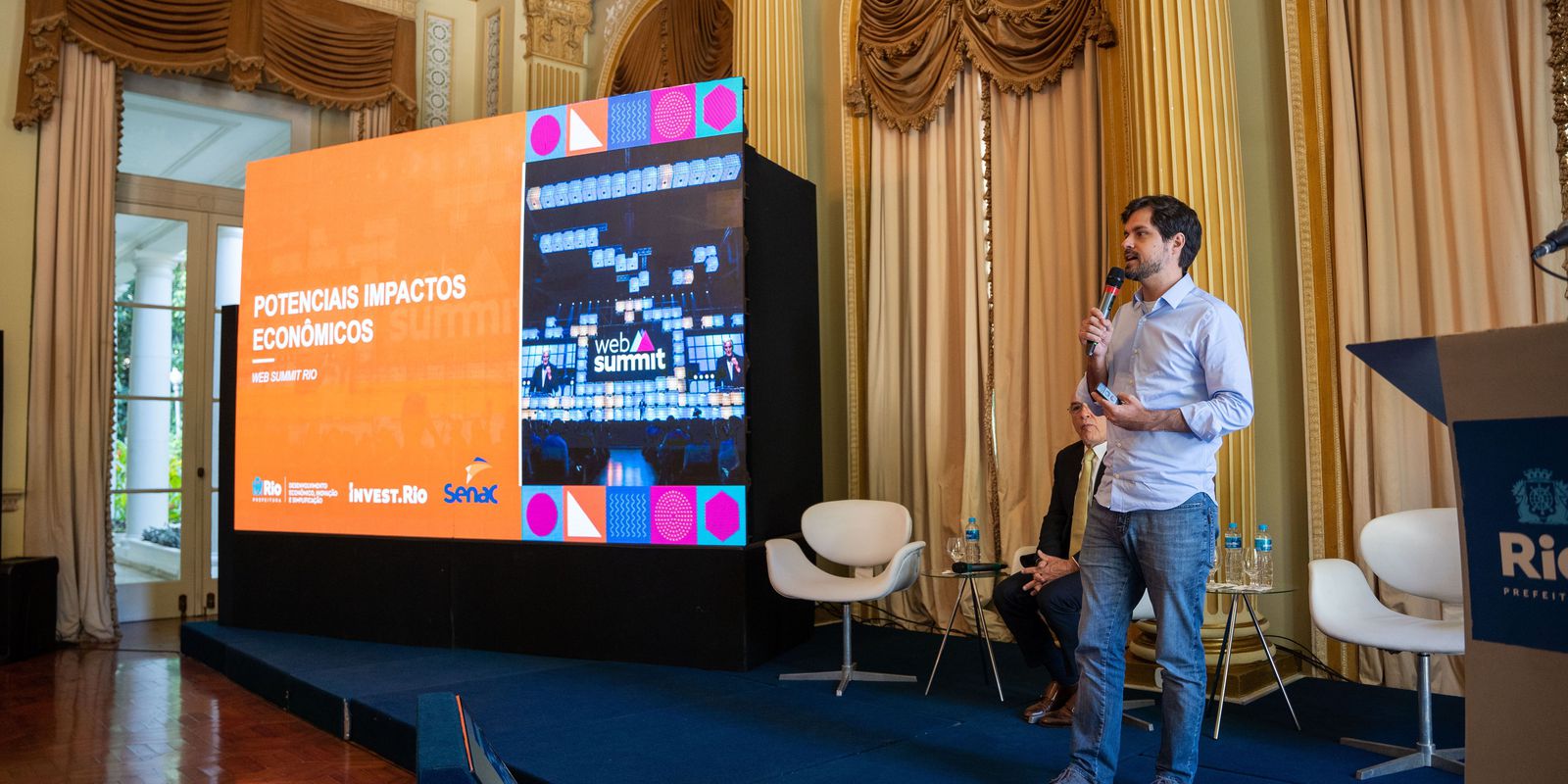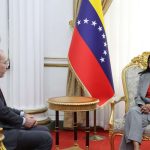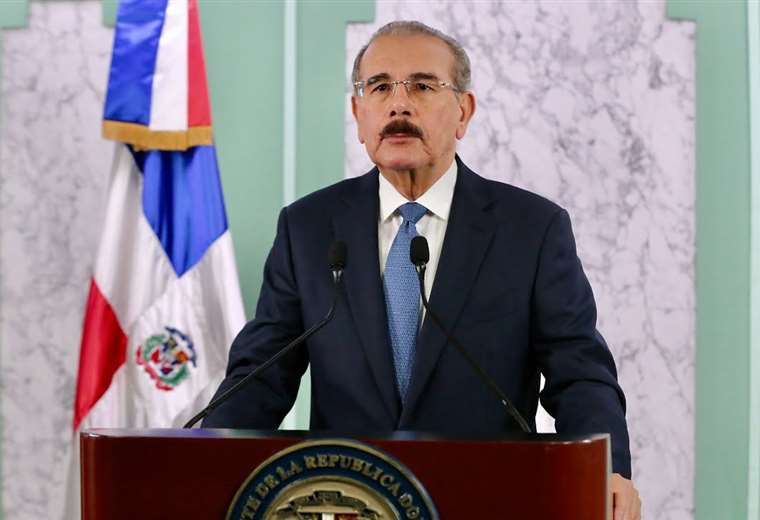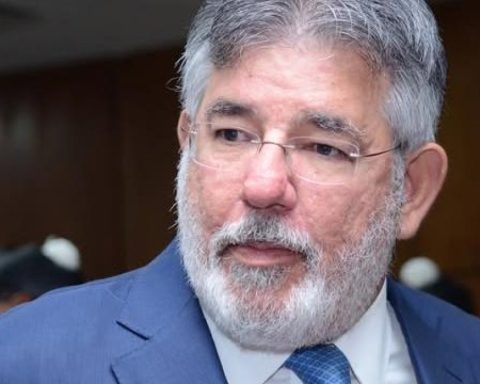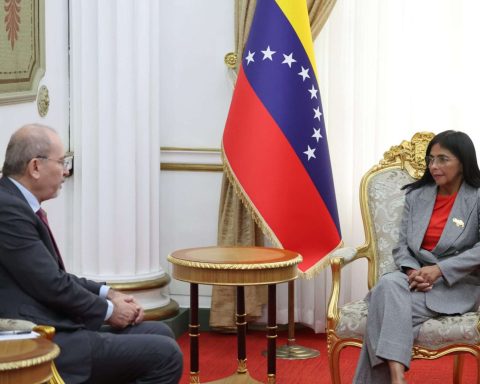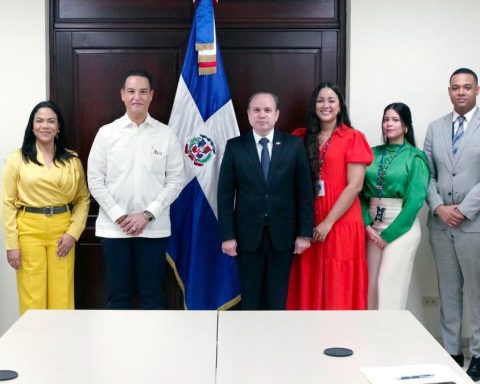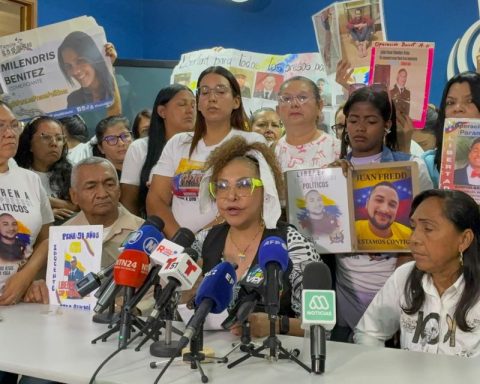Rio de Janeiro will host for the first time, next May, the Web Summit, one of the biggest technology events in the world, which should inject around R$ 1.2 billion into the economy of Rio de Janeiro over the next six years. The estimate is from a report prepared by the Municipal Secretariat for Economic Development, Innovation and Simplification, in partnership with the city hall’s investment promotion and attraction agency (InvestRio).
The 1st Web Summit Rio will be held between the 1st and 4th of May, at Riocentro. The municipal secretary of Economic Development, Innovation and Simplification, Chicão Bulhões, highlighted that the event means the return of the city to important global stages, especially for economic themes, such as innovation and technology, which are present in the daily lives of all citizens. .
“The more we transform knowledge, which Rio has in abundance, with universities and people doing business, the more Rio will prosper with sustainability”. Bulhões said that the role of the municipal government is to provide equal opportunities, so that more people are reached by this agenda, which promises to be transformative for the city, making it the capital of technology and innovation in Latin America.
The secretary said that the expected legacy of the event is always medium and long term. “It is a structured path that begins and Rio repositions itself to be the great center of discussions on green economy and innovation and technology”.
According to Bulhões, the event has to do with the profile of the city and the carioca, with the new work relationships established in the post-pandemic period of covid-19. “We are very confident that the legacy of the event, added to actions promoted by the City Hall, will be the recognition of Rio as a great center for discussions and evolution of new solutions for climate events, public safety, challenges of inequalities, market of cryptocurrencies.”
Potentiality
The Potential Economic Impacts of Web Summit Rio report estimates that the six editions taking place in Rio de Janeiro, by 2028, have the potential to attract more than 800,000 people, 15,000 per day in 2023 alone.
In addition, it will strengthen tourism in the month of May, raising almost R$ 100 million per year with the Tax on Services (ISS) for tourism. With other city hall initiatives involving innovation and technology, tax collection in the municipality should increase by up to R$ 1 billion over the next six years.
Regarding the direct impact on the economy, during the period of stay of tourists (foreign and national) in Rio, and the expenses of locals, the projection is for an inflow of R$ 66.9 million in 2023, considering the average stay of tourists 6 to 8 days for foreigners, 5.8 days for national tourists and three days for city residents. In 2028, the impact should reach BRL 312.4 million.
According to the study, Brazilian tourists should move the economy with R$ 595.2 million, corresponding to 50.3% of the total impact. Then come foreign tourists, with an impact of R$ 425 million (35.9%) and, finally, cariocas and professionals who will work at the event, with practically the same weight (R$ 162.3 million, or 13.7%).
The hotel industry will be the most benefited sector, with an estimated impact of R$ 34.6 million in the first edition of the Web Summit Rio, this year, until reaching R$ 161.3 million, in 2028, which is equivalent to almost 50% expenses, estimated at R$ 610.6 million. The second sector to benefit is food, including bars and restaurants, with a direct impact of BRL 13.2 million this year, reaching BRL 61.8 million in the sixth edition, in 2028, or the equivalent of BRL 234 .1 million in the six editions, with a weight of 19.8% of the total.
Collection
The president of Invest.Rio, Alexandre Vermeulen, stated that the Web Summit coming to Rio de Janeiro will bring together all the networking (network of people connected by professional interests) and the innovation community in a single place. “This is fundamental, because everyone together manages to join forces, to dialogue. Thus, we were able to really carry out an open innovation, with a lot of creativity, technology, resulting in the innovation that the Web Summit provides”, said Vermeulen.
The month of May is traditionally the third with the least movement throughout the year, in terms of tourist tax collection (7.9%). With the Web Summit Rio, the expectation is that the event will cause an additional impact of 20% in the tourism economy in Rio, reaching R$ 97 million in six years.
The collection of technology tax, defined as information technology services and the like, has an important weight in municipal collection, representing around 9% of the total. Considering the six editions of the Web Summit Rio and all the innovation projects that the city hall has been developing, the expectation is to leverage around BRL 973 million, which will raise the sector’s collection to BRL 3.6 billion.
